11 October 2019 | Colin Hayward, Tony Faneco
Historically, commodity trading has not been at the front of the queue to adopt new technologies, but we are beginning to see Blockchain and digitalisation being embraced across different commodity markets. The impact of digitalisation is already starting to create significant opportunities for commodity traders, with innovative technologies providing organisational efficiency, increased margins and other benefits.
While the benefits of digitalisation were quickly acknowledged by many companies, they have been unsure how best to develop their digitalisation strategy. But this quickly changed in 2019, with companies now moving to evaluate and implement connected ‘open’ systems for operational risk, error reduction and better cost controls. There are certainly long-term benefits to the industry with the use of advanced data analysis tools in key commodity areas: contract creation, logistics, market risk management and complex networks.
There has been a rise in the use of automated tools in the financial markets, but one of the industries where innovation and uptake rates are still low is the commodity industry. New technologies in this space can have a positive impact on profit margins and have the ability of saving traders time in collecting data contained in contracts and eliminating the need for rekeying. More importantly, this process turns data into market intelligence, allowing companies to react in real time to important changes, and reduce operational risks .
Commodity market participants are making huge strides towards the adoption of new technology such as Machine Learning and Blockchain for storage, logistics and transaction of physical commodities, which will greatly improve efficiency and market transparency. But to make the best use of these technologies companies need to first digitalise their data and workflows: the main benefit of digitalisation for commodities is the ability to extract information through data analytics, gain real-time business insights and reduce costs – all enormously important considerations in a market with very tight margins.
Companies involved in commodity supply chains are dependent on their ability to operate in a competitive environment. The data held within the processes of contract negotiation and approval in the commodity markets is consequently essential, underlying how vital effective data management is for companies. In summary, digitalisation can increase efficiency in data management with greater cost-controls and real-time overviews of business operations.
At Chinsay we work with you from the very start, tailoring our demonstration to your needs. Request a demo and provide us some information for a purpose-built demonstration.
At Chinsay we work with you from the very start, tailoring our demonstration to your needs. Request a demo and provide us some information for a purpose-built demonstration.
Support
Email us: support@sea.live
If you are a user of our Services, you can contact us via in-app chat or email if you require any support.
Sea by Maritech Sweden AB | All rights reserved.
Sea by Maritech Sweden AB - reg. number 556642-1656 - All rights reserved

